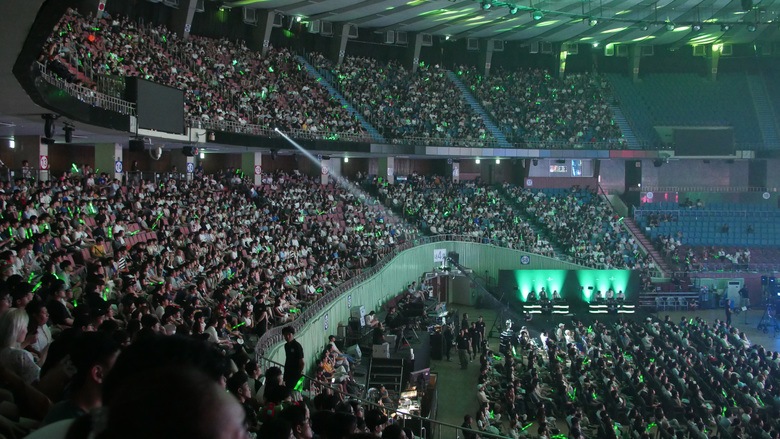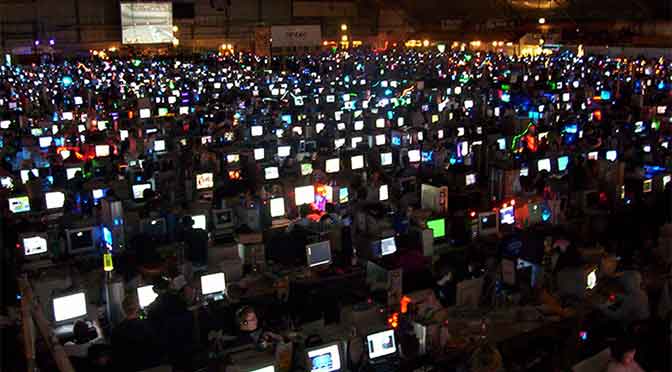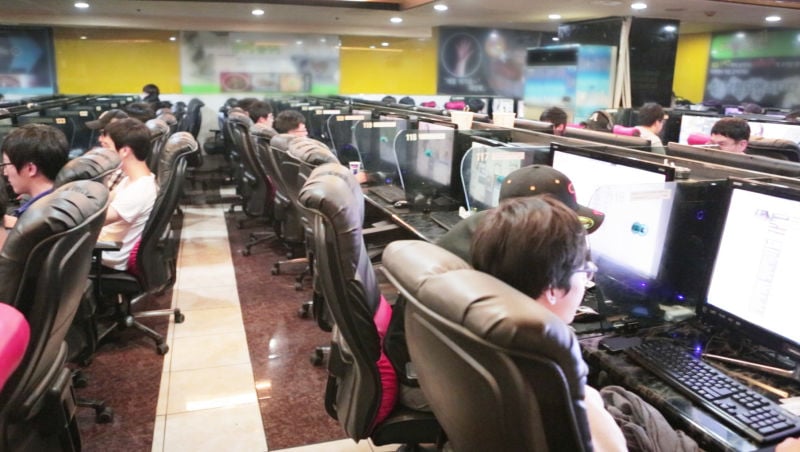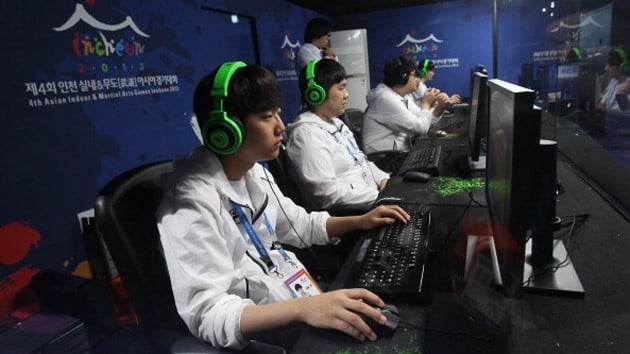South Korea: The Nation Where Gaming Is a Way of Life
In South Korea, gaming is more than an interest-it's integrated deeply into everyday culture and identity. The country’s unique approach to video games and eSports has not only shaped entertainment and professional opportunities but also influenced global trends. Let’s explore how gaming became a national phenomenon, why it’s so popular, and the social implications surrounding it.
The Rise of eSports and Gaming Culture in South Korea

South Korea is often hailed as the birthplace of modern eSports. The industry's explosive growth can be traced back to the 1990s-an era marked by financial crisis but also by an ambitious technological leap. The South Korean government prioritized massive investments in high-speed internet infrastructure, leading to one of the world’s most connected populations.
This digital transformation coincided with the proliferation of affordable technology and television channels. Recognizing an opportunity, some networks began broadcasting video game competitions, first with titles like StarCraft. Government partnerships with game developers, most notably Blizzard, accelerated the sport’s legitimacy, moving events from cramped gaming rooms to sprawling hotel ballrooms and then into arenas filled with thousands of fans.
As televised competitions entered more households, professional gamers became celebrities. Young fans plastered their walls with posters of star players, while elite competitors commanded the kind of fame usually reserved for entertainment or sports icons. The dream of becoming a full-time gamer-or even a national star-became an achievable reality for many.
Gaming by the Numbers: Widespread Participation and Fandom
Today, gaming in South Korea is a mainstream activity. The nation is home to approximately 25.6 million gamers, making it the sixth largest gaming market worldwide. With a population of around 51 million, nearly half of South Koreans regularly participate in gaming, and female gamers make up about 43% of this group.
But participation extends beyond playing. Large portions of the population are dedicated spectators as well, eagerly following eSports broadcasts, tournaments, and live streams. Gathering at gaming clubs to watch live competitions is as common as date nights at the movies.

While StarCraft set the standard, the local gaming landscape now includes global hits such as PUBG, which quickly captivated 40% of South Korea’s player base, and League of Legends, which maintains enduring popularity. Notably, shooters like Overwatch-once considered less appealing to South Koreans who favored real-time strategy or MOBA titles-have also found enthusiastic followings.
- Popular game genres: Real-time strategy (e.g., StarCraft), MOBAs (e.g., League of Legends, Dota 2), and first-person shooters (e.g., Overwatch).
- Rising trends: Team-based games and titles with competitive scenes attract growing professional and amateur interest.
With televised events and cash-rich tournaments, a career in professional gaming is a realistic pursuit-and, for some, highly lucrative.
PC Bangs: South Korea’s Unique Gaming Hubs

While many countries embrace home gaming thanks to fast broadband, communal play is king in South Korea. Gaming venues known as PC Bangs (internet cafes) remain at the heart of the country’s scene. These hubs offer high-powered computers, blazing-fast connections, and a social environment for both casual and competitive players.
PC Bangs double as gathering places, fostering discussion, camaraderie, and the spirit of competition. With more than 40,000 spread throughout cities and rural towns, they’re as prevalent as coffee shops. Local gaming enthusiasts gather for impromptu matches, organized tournaments, and debates about team strategies or player rankings.
This highly social, fast-paced environment is credited with elevating the skill level and competitive mindset of Korean gamers. It’s common for players to spend hours honing their abilities amidst peers, gaining rapid feedback and encouragement.
The Professional eSports Economy: Salaries, Sponsorships, and Earnings

As the eSports industry flourished, global brands like Samsung, Red Bull, and Coca-Cola began investing in teams and events-mirroring the sponsorship dynamics of traditional sports. Top eSports organizations often provide their athletes with state-of-the-art housing (team houses), professional coaching, and even daily necessities, such as food and gaming gear.
Major eSports tournaments now offer prize pools in the millions. For instance, Dota 2’s The International shattered records in 2017 with over $24 million in winnings. However, team salaries and payments remain less transparent than those in established sports leagues.
- Estimates suggest minimum contracts for pro players can start around $12,500 per season or range from $2,000 to $10,000 for playoff periods.
- Typical annual salaries for experienced players are believed to fall between $25,000 and $30,000, excluding performance bonuses, sponsorship deals, and perks like housing and equipment.
- Teams generate additional revenue through sponsorship exposure, social media campaigns, and branded product usage by players.
This fast-growing market continues to push eSports toward mainstream status both in South Korea and around the globe.
The Impact of Gaming Addiction and Social Challenges

The immense popularity of gaming in South Korea has a darker side. The combination of gamer celebrity status and high technological accessibility has contributed to significant concerns about internet and gaming addiction. Research indicates that approximately one in ten Korean teenagers may struggle with problematic gaming habits, prompting government intervention and the creation of specialized addiction treatment centers. Some methods, such as aversion therapy, are controversial and highlight the gravity of the issue.
Isolated incidents of tragedy-such as deaths linked to marathon gaming sessions or cases of neglect due to parents’ obsession with online games-have made international headlines. While some experts suggest a two-hour daily threshold as a sign of addiction, the reality is more nuanced. Many Koreans comfortably surpass this duration without negative consequences, underscoring the importance of individualized assessments over blanket judgments.
- State support includes awareness campaigns and clinics to offer guidance and rehabilitation for at-risk individuals.
- Open conversations about digital balance are encouraged in schools and within families.
Ultimately, while gaming has opened up exciting possibilities for careers and community, it also demands careful consideration of personal health and wellbeing.
Conclusion: Gaming at the Heart of South Korean Society
In South Korea, gaming is much more than entertainment-it’s a cultural powerhouse, a legitimate profession, and a springboard to fame for the country's top competitors. With widespread participation and robust support structures, the nation continues to shape global trends in both gaming and eSports.
Yet, the South Korean experience underscores both the opportunities and the challenges that arise when an activity is woven so tightly into society. For millions, it’s a path to personal and professional fulfillment; for others, it's a reminder of the need for balance in a hyper-connected world.













